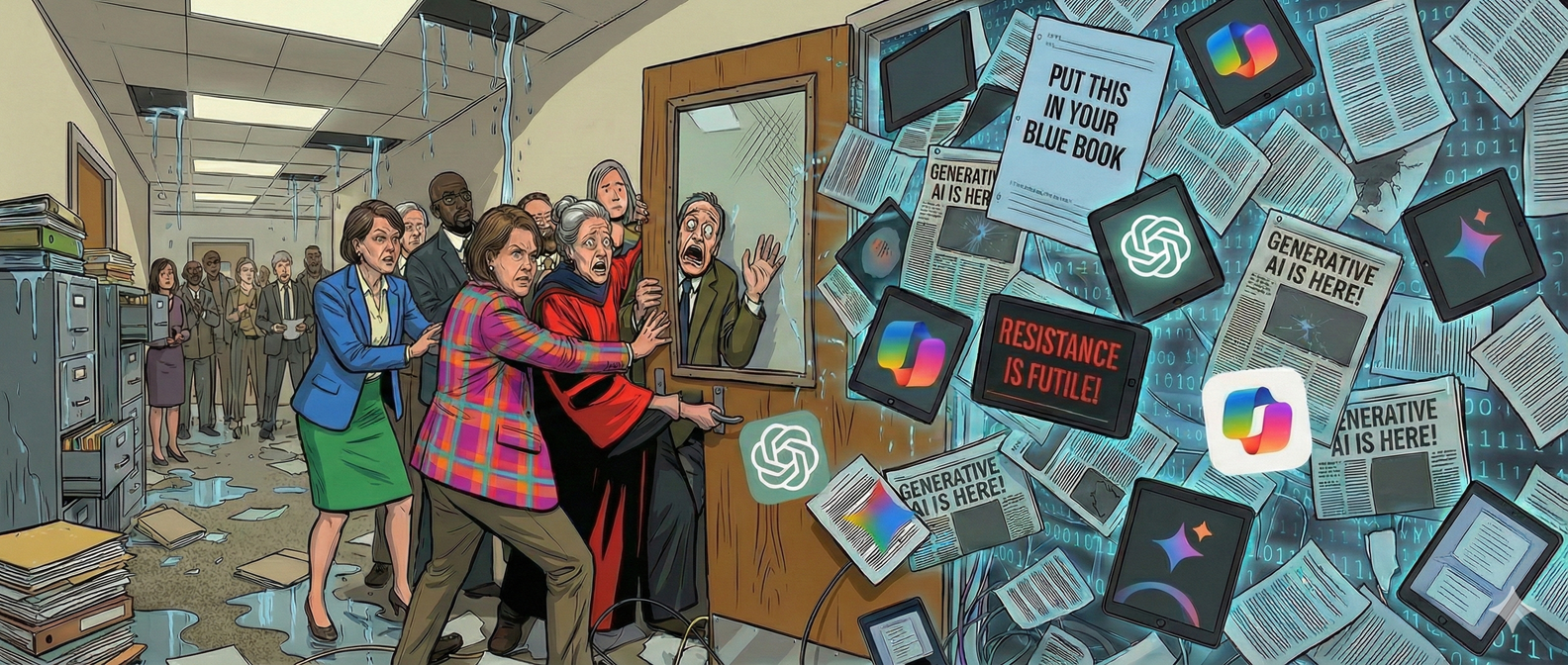How to lessen concerns about generative AI and academic integrity
How to lessen concerns about generative AI and academic integrity

Mahdis Mousavi, Unsplash
By Doug Ward
A new survey from the Association of American Colleges and Universities emphasizes the challenges instructors face in handling generative artificial intelligence in their classes.

